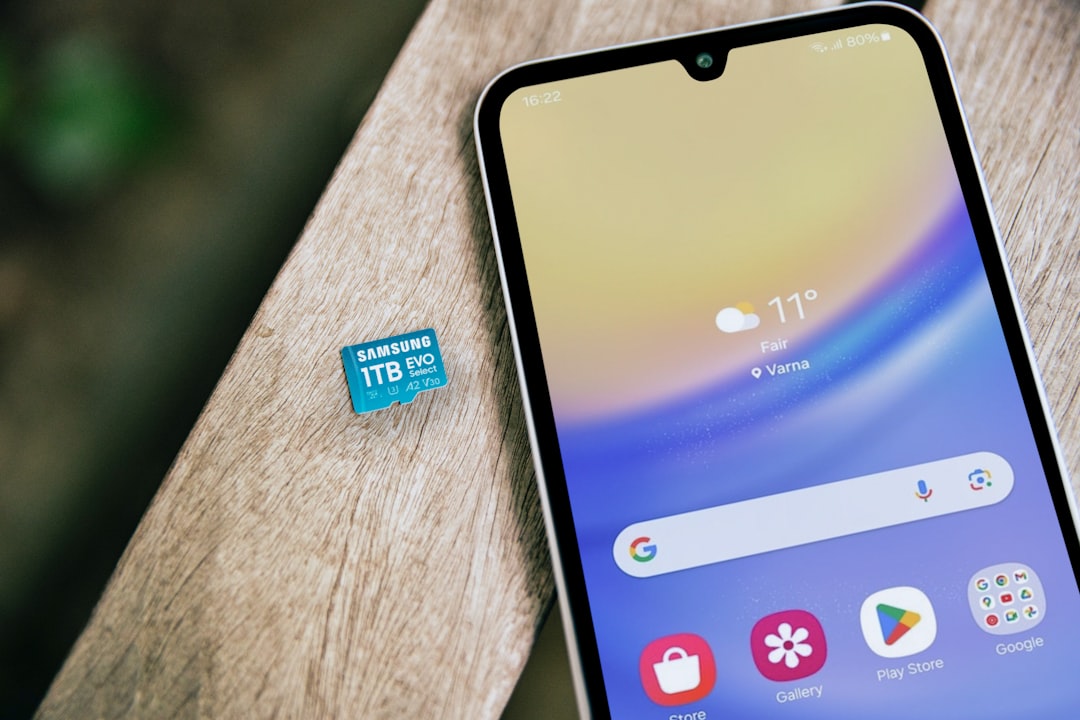Robocalls, or automated phone calls from unknown numbers, have become a growing problem in Phoenix, causing stress and disruption for residents. To combat this issue, it's crucial to document robocall incidents, understand Arizona's state laws protecting against unwanted telemarketing, file formal complaints with relevant authorities like the FCC, and register on the Do Not Call Registry to significantly reduce automated calls. Local consumer protection agencies also offer support in the fight against robocalls.
Tired of unwanted robocalls inundating your Phoenix home? You’re not alone. These automated phone calls can be intrusive and frustrating, but knowing how to file a complaint can help curb the problem. This guide explores the impact of robocalls in Phoenix, teaches you how to identify and document them, outlines Arizona’s legal protections, and provides step-by-step instructions for filing an official FCC complaint. Take control of your phone lines with these crucial next steps.
Understanding Robocalls and Their Impact in Phoenix

Robocalls, automated phone calls from unknown numbers, have become a ubiquitous and often unwanted part of daily life in Phoenix. While some robocalls promote legitimate services or offer important information, many residents find them intrusive and annoying. These calls can disrupt personal time, cause stress, and even lead to identity theft if not handled properly. In the vast and diverse city of Phoenix, where folks are known for their vibrant culture and bustling lifestyle, the prevalence of robocalls has sparked a collective desire to take control of their phone lines.
Understanding the impact of robocalls in Phoenix is the first step towards mitigating their effects. Many residents have reported receiving numerous calls per day, often from out-of-state or international numbers, advertising everything from financial services to political campaigns. This deluge of automated calls can be frustrating and overwhelming, prompting many Phoenixians to seek solutions to block and report these intrusive messages.
Identifying and Documenting Robocall Incidents

Identifying and documenting robocall incidents is the first step in protecting yourself from unwanted phone calls in Phoenix. If you receive a robocall, pay close attention to several key details. Note the caller’s phone number and any unique patterns or messages you heard during the call. Accurately recording these details will be crucial when filing your complaint with the appropriate authorities.
Keep a log of every robocall incident, including dates, times, and specific information about each call. This log can serve as concrete evidence to support your complaint. Additionally, consider saving any voicemails or text messages related to the calls for further documentation. The more detailed and comprehensive your records are, the better equipped you’ll be to fight back against robocallers and protect other Phoenix residents from similar unwanted contact.
Navigating Arizona's Laws Against Robocalls

In Arizona, including the bustling metropolis of Phoenix, robocalls are regulated by state laws designed to protect residents from unsolicited and unwanted telephone marketing calls. The Arizona Attorney General’s office has established guidelines that make it illegal for businesses and organizations to use automated dialing systems or prerecorded messages without prior express consent from the caller. This means that if you’ve received a robocall in Phoenix, you have rights under these laws.
Navigating these regulations can seem complex, but by knowing your rights and understanding the process, you can effectively file a complaint against a robocall in Tempe or anywhere in Arizona. The state provides an easy way to report such calls, ensuring that businesses adhere to the law and giving residents a voice against intrusive marketing tactics.
Steps to File a Formal Complaint with the FCC

To file a formal complaint about a robocall in Tempe, follow these steps to ensure your voice is heard by the Federal Communications Commission (FCC), the regulatory body for communication-related activities across the US, including Phoenix. First, visit the FCC’s official website and locate their Complaint Center. You’ll find an online form that allows you to detail your robocall experience, including dates, times, and any information about the caller or their messages. Fill out the form with as much specificity as possible.
Once submitted, the FCC will review your complaint and take appropriate action. They may contact the caller directly or investigate further if your case warrants it. Remember to keep records of all robocalls received, including screenshots or recordings, as these can serve as valuable evidence. By reporting this issue, you’re not only protecting yourself but also contributing to a broader effort to combat nuisance calls and protect Phoenix residents from deceptive communication practices.
Additional Resources and Next Steps for Phoenix Residents

If you’re a resident of Phoenix and have experienced unwanted robocalls, there are additional resources available to help you combat this growing issue. The Federal Trade Commission (FTC) offers comprehensive guidance on how to file a complaint about robocalls, providing a direct line to their Do Not Call Registry. This is a powerful tool that allows you to register your phone number and opt-out of most automated telemarketing calls.
Additionally, local consumer protection agencies in Phoenix can offer support and information tailored to the specific regulations in your area. These organizations often provide educational materials, assist with complaint investigations, and keep residents informed about emerging scams and frauds. By leveraging these resources, Phoenix residents can take proactive steps to reduce robocalls and protect themselves from potential fraudulent activities.






